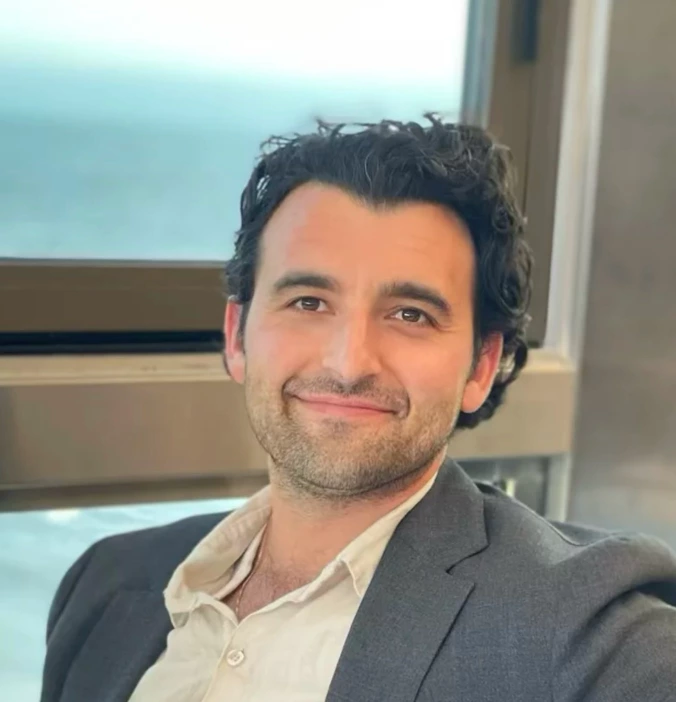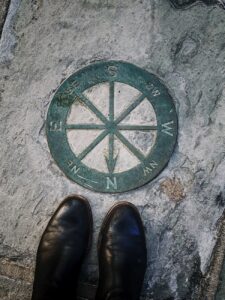Expertise, like mastery, is an infinite pursuit. Expertise is not something you are or achieve, it is something you practice, refine, and share with the world.
Whereas, if you claim you are an expert, you are referring to a title that you have already obtained. That game is over. Therefore, identifying as an expert is unstable ground to stand on. Once you identify as an expert, you sentence yourself to forever playing defense.
Instead of being able to focus on the task and how you can improve and continue learning, you are focused on yourself and proving what you already know to justify your self-worth. Changing your mind becomes a life or death level threat. History has many examples of how this type of ego based self-preservation ends up contributing to the literal loss of other people’s lives.
In Think Again, Adam Grant describes a few different astronaut tragedies that were primarily the result of expert engineers being unwilling to rethink, challenge their assumptions, and vulnerably admit their mistakes, ignorance, and self-doubt. Apparently, before the 1986 Challenger Space Shuttle launch fatality, which resulted in the deaths of seven crew members, some engineers attempted to express their concerns but were silenced by upper management and others chose to silence themselves for fear of retribution and how that would make them look.
This lack of vulnerability results in protecting your identity as if your life is at stake.
Therefore, instead of striving to become an expert or putting pressure on yourself because you don’t view yourself as enough of an expert, I recommend cultivating and practicing the identity of being an AMBASSADOR of expertise.
As an ambassador, you don’t need to have all the answers because you are focused on engaging with others to make a difference, as opposed to convincing others to make a point.
Ambassadors relate to ambition with the context of service, generosity, and abundance, as opposed to the context of acquisition, selfishness, and scarcity.
AMBITION…
- According to the Ambassador mindset=Knowing who you are and giving it.
- According to the Expert mindset= Knowing what you want and getting it.
As an ambassador of expertise, you free yourself from focusing on protecting and defending your identity, so that you can intentionally build your identity by putting the collective success ahead of your own.
- Ambassadors ask questions and offer observations. Experts give answers and pass judgment.
- Ambassadors share their insights, passions, and perspectives to contribute and be impactful. Experts hoard their insights, passions, and perspectives unless there is something to be gained.
- Ambassadors are committed to getting “it” right. Experts are committed to being right.
- Ambassadors ask “and what else?” Experts say, “that is it.”
- Ambassadors integrate and iterate. Experts isolate and complicate.
The more effective leaders choose to lead with an ambassador mindset instead of an expert mindset.
Which will you choose?
*I learned about this ambassador vs. expert distinction from the work of Market Force Global.




